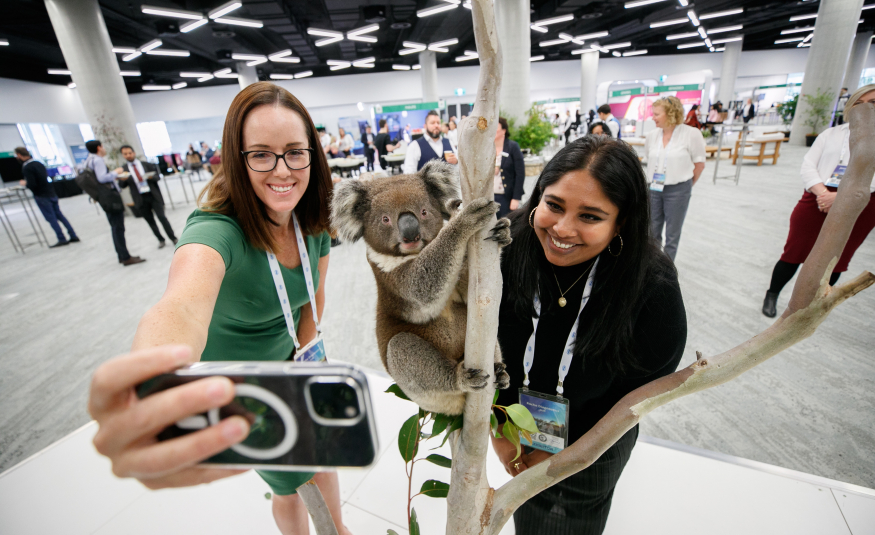Image copyright: Tim Pascoe for IAP 2022 World Congress
Convention and Exhibition Centre ICC Sydney, managed by ASM Global, hosted the 34th Congress of the International Academy of Pathology (IAP 2022 World Congress).
IAP 2022 World Congress was attended by over 1,600 in person and virtual pathology professionals, who discussed scientific developments in their field over five days. Attendees included young trainees, seasoned professionals, and world experts, who also had the opportunity to explore the Australian city.
The stats behind the event
During the event, ICC Sydney hosted 267 speakers over 109 conference lectures, symposiums, and sessions across its convention centre. Twenty-four exhibitors were hosted in ‘The Gallery’ while educational lectures and sessions took place within ‘Parkside Ballroom’ and various meeting rooms.
ICC Sydney’s audio-visual and ICT team worked with the Australasian Division of the International Academy of Pathology to deliver two consecutive events - one virtual and the other in person.
Global participants were able to attend IAP 2022 Congress for the first two days of the event which were 100% virtual.
The post-event results provided the following statistics:
- Over 1,600 in person and virtual delegates attended from 75 countries
- A post-event survey saw a 100% delegate satisfaction rating
- The event saw AUS $1.35 million direct economic expenditure
- 267 speakers participated#
- IAP 2022 Congress held 109 conference lectures, symposiums, and sessions
- There were 24 exhibitors
The results
On the reception of the event, Professor Jane Dahlston OAM, co-president of IAP Congress, said: “The power of face-to-face meetings to enables our younger conveners to meet and liaise with a more experienced convenors - the potential kickstart to their own career growth is invaluable.
Geoff Donaghy, CEO of ICC Sydney, added: “Delivering international conferences such as the IAP World Congress drives economic impacts across our local and regional communities. This is as well as the benefits beyond tourism - including knowledge exchange and opportunities to enhance the cultural capital of Sydney.”





